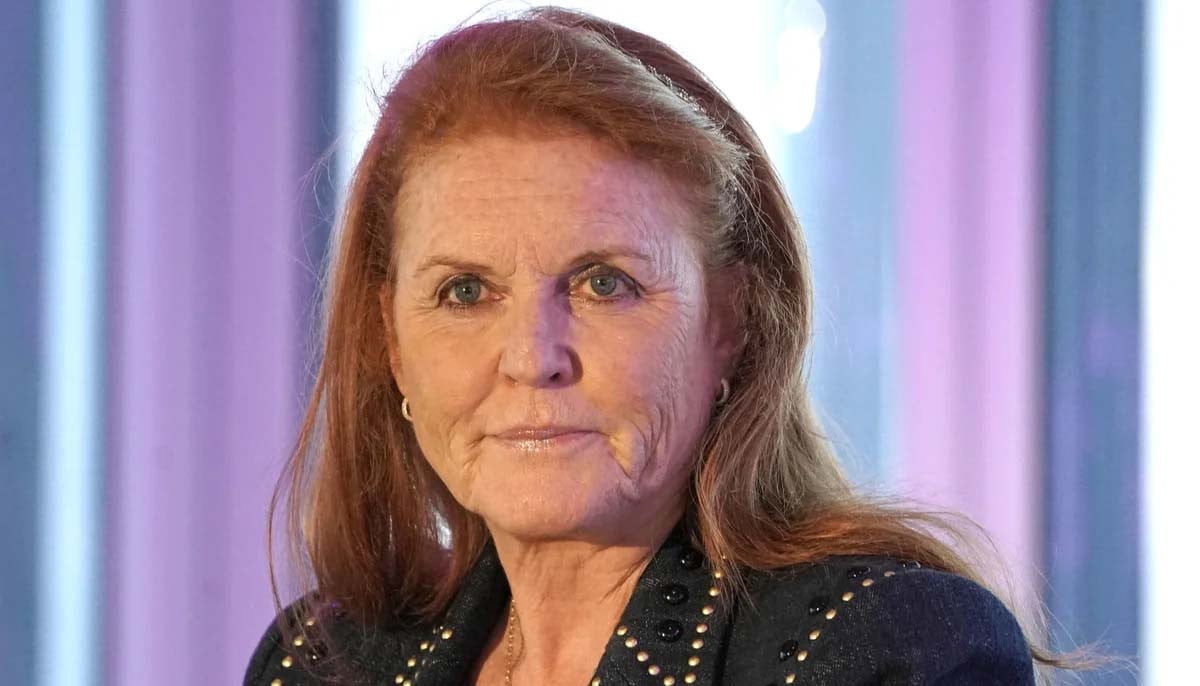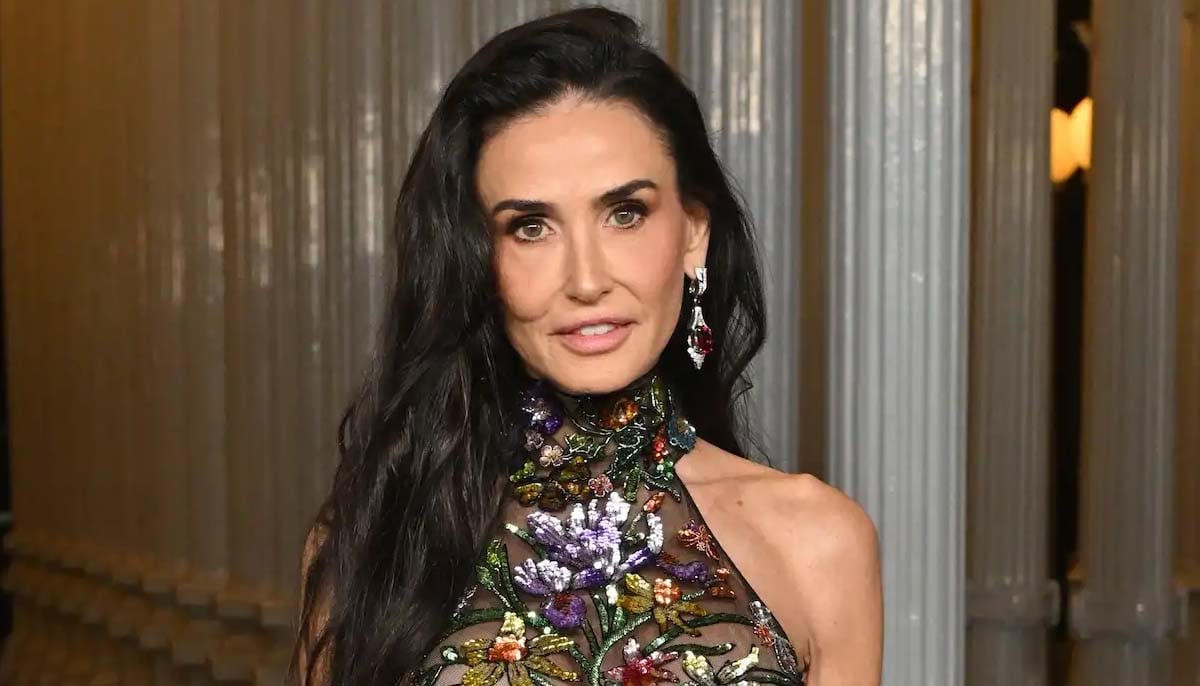More social media use leads to negative body image: study
Regardless of gender, age, and socioeconomic status, people were found to be equally impacted by social media
A new study has shown that Instagram scrolling creates unrealistic body image ideals and results in lower levels of satisfaction with appearance.
Surprisingly, people reported being "damaged" more by posts by family and friends than celebrities and influencers.
A desirable body image that comes from someone famous and rich might be perceived as hard to achieve and people might be more forgiving. However, when it comes from friends and family, it can make people worry more.
Multiple studies have shown the link between social media use and body image issues. One study in 2016, for example, found that social media use increased the risk of young adults developing eating disorders.
Researchers studied 50 young adults from Germany and Austria.
All demographic groups, meaning people regardless of gender, age, and socioeconomic status, were found to be equally impacted by social media, reported University of Pittsburgh School of Medicine experts.
Lead author Jaime E Sidani said that social media propagated "stereotypes that can lead to eating and body image concerns".
Experts asked respondents about the 11 most famous and used social media platforms: Facebook, Instagram, Google Plus, LinkedIn, Pinterest, Tumblr, Reddit, Snapchat, Twitter, and YouTube.
The study, led by researchers from Anglia Ruskin University in East Anglia and Karl Landsteiner University of Health Sciences in Austria, reported the results in the journal Body Image.
Author Professor Viren Swami said that photo-sharing platforms created " limitless opportunities for users to make negative comparisons and internalise appearance ideals", leading to a negative body image.
-
Chester Bennington’s mental health story and lasting legacy
-
Yerin Ha opens up about shocking diagnosis post ‘Bridgerton’ season 4
-
NASA announces new Artemis moon mission aimed at expanding astronauts’ exploration efforts
-
Everything to know about Justin Bieber's facial paralysis
-
Sarah Ferguson’s dual cancer journey
-
Demi Moore was left with ‘intense’ illness after ‘The Substance’
-
How Michael J. Fox helped Harrison Ford with his Parkinson's monologue
-
Is human mission to Mars possible in 10 years? Jared Isaacman breaks it down












